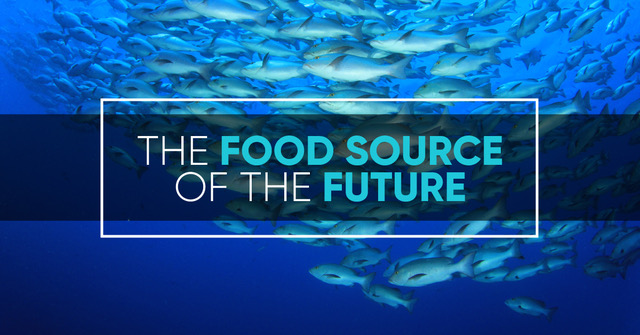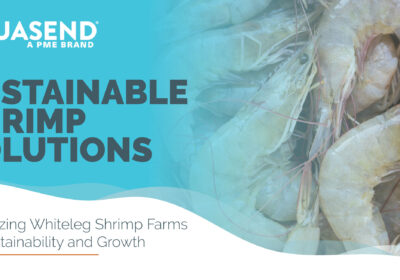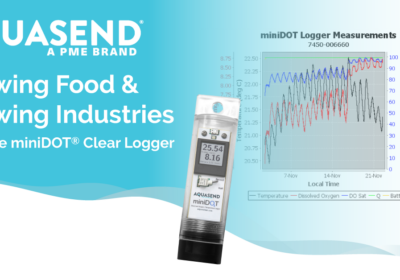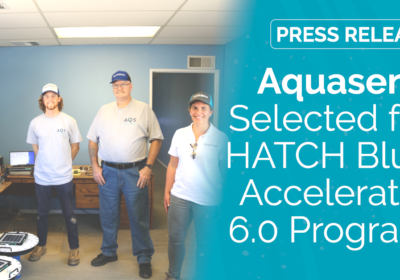The Food Source of the Future

Aquaculture is one of the fastest growing industries worldwide with a 5.8 percent annual growth rate since 2010. The United Nations Food and Agriculture Organization reported thatby 2030 the world will consume 20% more fish than it did in 2016, so what does that mean for the aquaculture industry?
Create a Sustainable Food Source
With such growth comes the opportunity to forge ahead and create a sustainable food source for the future. Since the world population is expected to rest just under 10 billion people by 2050, creating food security is necessary. Aquaculture provides a way to do this.
As the population rises so does the demand for seafood. The amount of wild fish available does not. Reducing overfishing plays a role in preserving seafood production, but likewise, so do responsible farming practices.
Efficient and Environmentally Friendly
Aquaculture is recognized as one of the most efficient and environmentally friendly farming practices today. Implementing responsible farming practice such as experimenting with new fish feeds, using recycled water, and proper waste management methods make aquaculture farms more prosperous, efficient, and sustainable into the future.
The industry’s growth also comes with a fair amount of skepticism. Many overlook the positive effects of aquaculture. Some forms of aquaculture, such as oyster farms, act as a natural filtration system while others naturally fight ocean acidification. In addition, aquaculture practices have successfully accelerated the recovery of habitats and species that have suffered from overfishing.
An Economic Booster
With almost 90% of America’s seafood being imported, this consumption has only increased the country’s trade deficit. Although the United States is a small player in aquaculture globally, with total production just under $1.5 million compared to the global production of $70 million, aquaculture is on the rise nationally.
More aquaculture farms in the United States will boost the domestic economy and increase the amount of jobs available in those regions. Even with its small hold globally, the United States aquaculture industry continues to lead the way with technology advancements.
Continuous Monitoring for the Future
Constant monitoring of water conditions is vital for the health of your fish and the sustainability of your farm. Contact us today to learn about how Aquasend’s real time DO and temperature monitoring systems can assist you as the demand for your products continues to grow.


